With the COVID-19 situation evolving every day, it’s important to understand why your mental health might slide or you may feel like you’re struggling. Working from home or experiencing a change in your routine, being disconnected from many of our subtle but important sources of safety and support can trigger our brain’s threat system. Tackle Your Feelings has compiled some helpful information to assist with understanding, recognising and managing the signs of mental health.
Learn the facts
It’s important to manage your exposure to media coverage as this can increase feelings of fear and anxiety. Seeking out factual information from organisations such as the World Health Organisation (WHO) and the Australian Government, & limiting the time you spend gathering info can help to ensure you are accessing good quality and accurate updates.
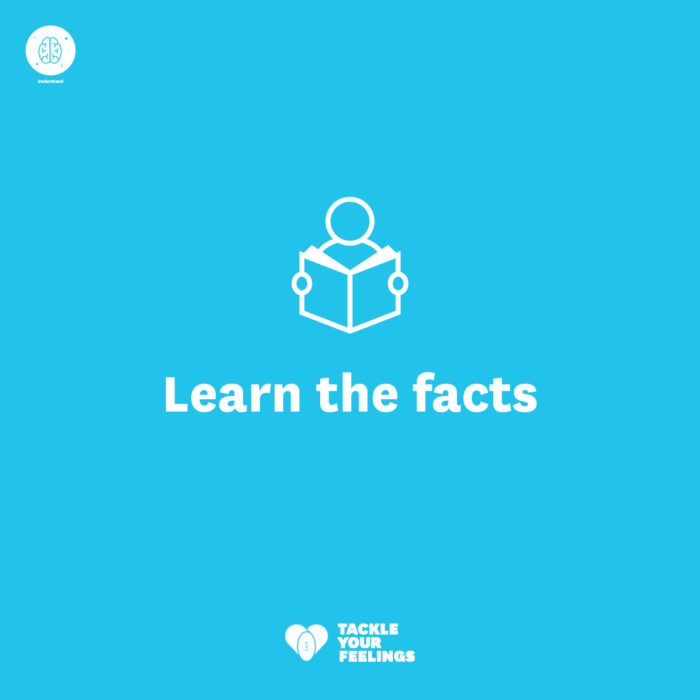
Recognising the signs of isolation
This time is a period of uncertainty for our community. It’s important to recognise signs such as persistent feelings of sluggishness, lack of energy, irritability, sleep problems, constant worry or inability to calm down, and not wanting to communicate, can all be signs that your mental health is sliding and you may need extra support. Note that short periods of these issues are considered normal healthy reactions to the unusual events we’re going through with COVID-19.
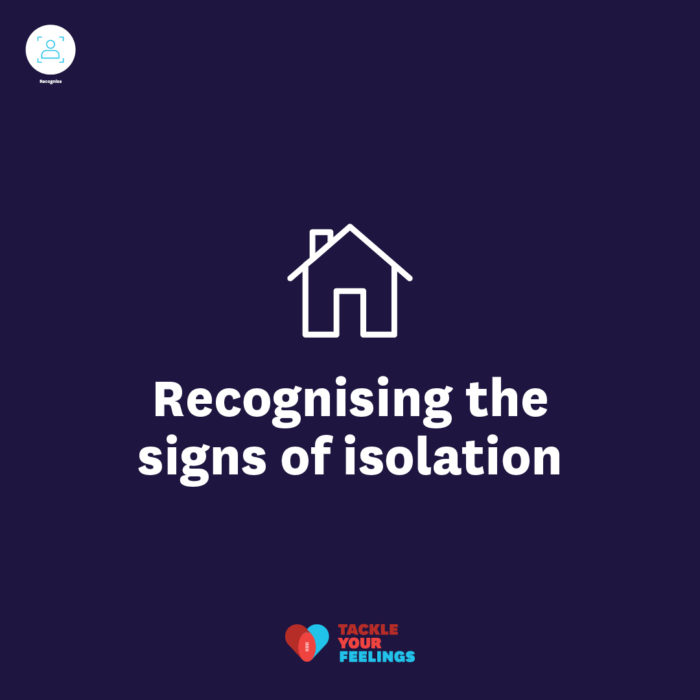
Aim for at least one face-to-face conversation each day
Physical distancing and isolation can be a challenging experience. It’s important to try and maintain one face-to-face conversation with someone each day, whether that’s with your barista, the postman through the door or via FaceTime.
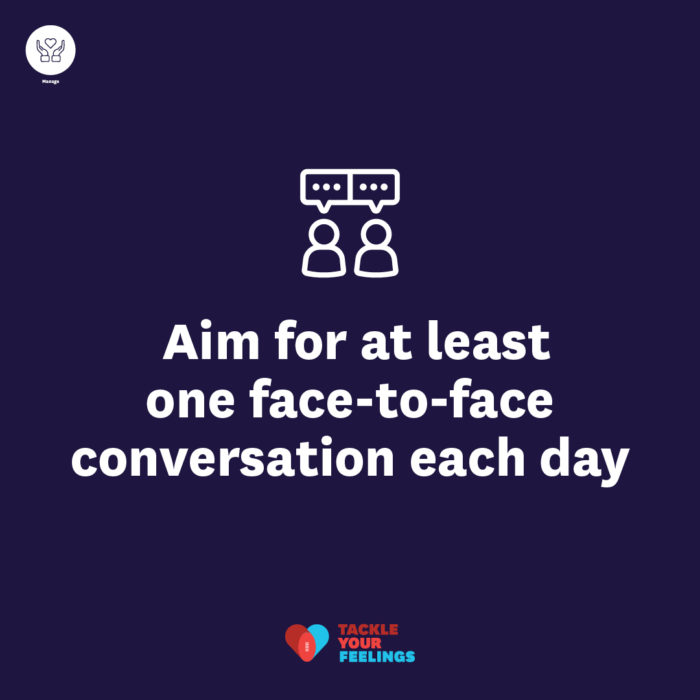
Schedule in time for yourself
Don’t forget to actively manage your own wellbeing by maintaining routines where possible, staying active and keeping busy.
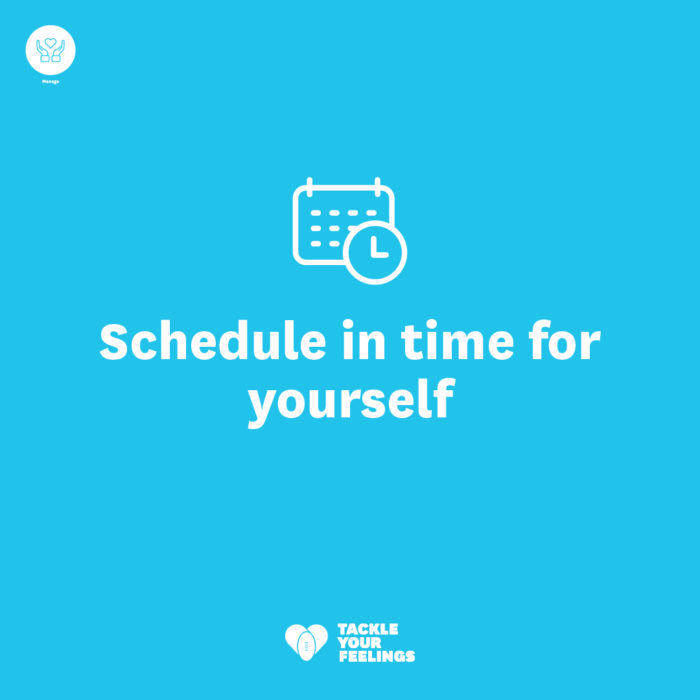
Establish support networks
In times of fear, isolation and uncertainty, it’s important that we establish support networks. Staying connected with family and friends (even if not in person) and seeking additional support through professional means are ways to assist with this.
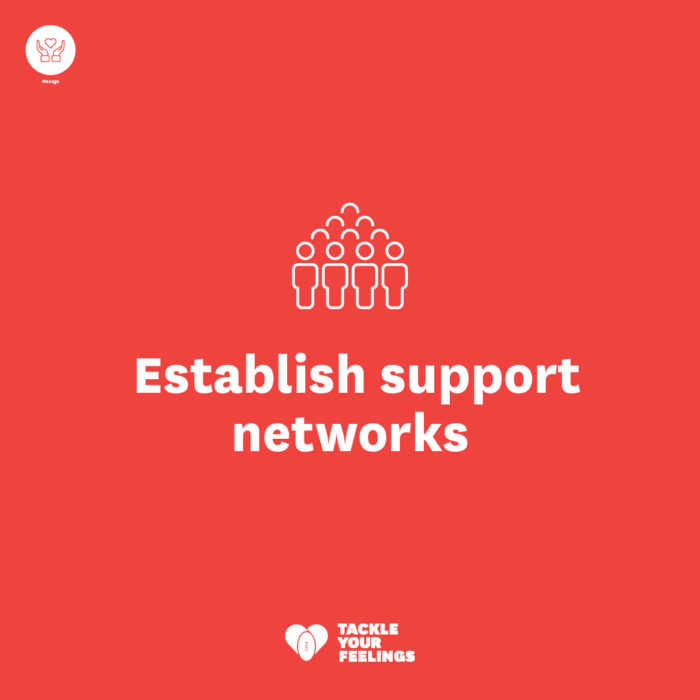
Spend time outside
Spending time outside is important for our overall physical and mental wellbeing. Whether it’s a walk around the block, to the shops or out in nature, remember to spend time outside where you can.
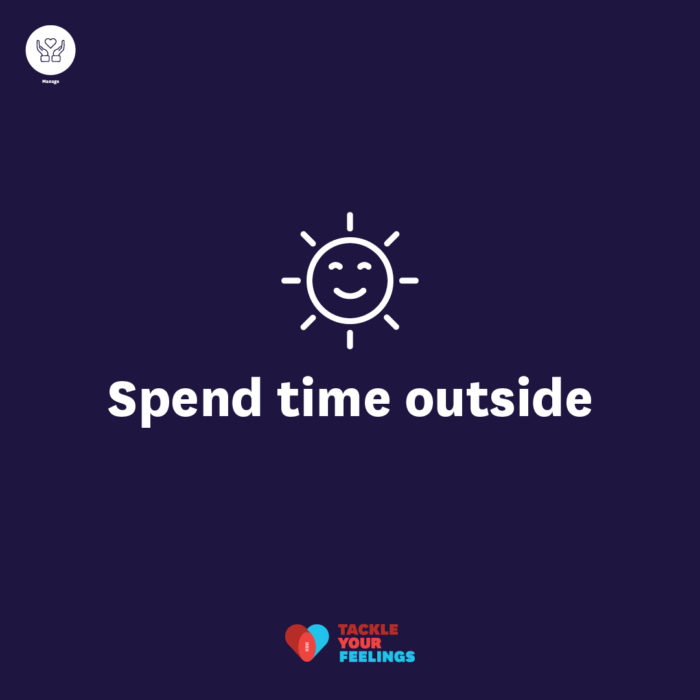
Need Support? If you know someone who requires urgent assistance or support, please contact:
Suicide call back service: 1300 659 467
Lifeline: 13 11 14
Kids Helpline: 1800 551 800
Emergency: 000
Support for AFL Players: If you are a current or past AFL Player and would like to know more about our specialised wellbeing and mental health services please contact the AFL Players’ Association at wellbeing@aflplayers.com.au or Tel. 03-8651 4300 (Mon to Fri, 9am – 5pm).
Click here to read our disclaimer.


